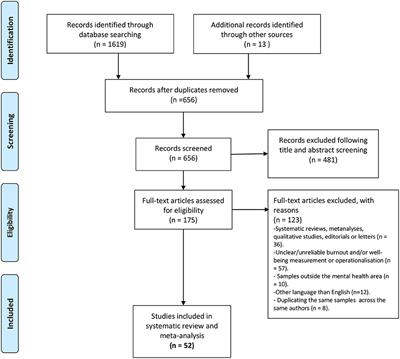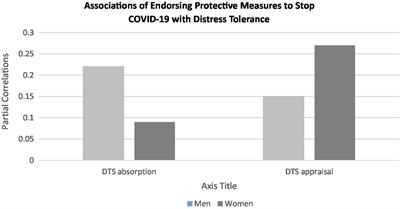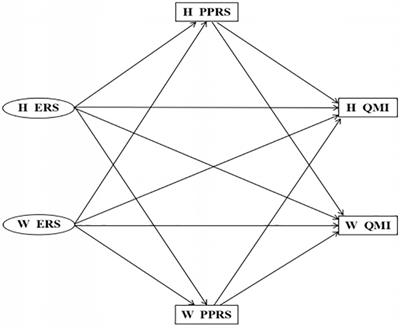EDITORIAL
Published on 29 Nov 2022
Editorial: Gender and wellbeing
doi 10.3389/fpsyg.2022.1080114
- 1,730 views
- 1 citation
8,668
Total downloads
59k
Total views and downloads
You will be redirected to our submission process.
EDITORIAL
Published on 29 Nov 2022
PERSPECTIVE
Published on 27 Sep 2022
SYSTEMATIC REVIEW
Published on 23 Sep 2022

SYSTEMATIC REVIEW
Published on 15 Aug 2022

ORIGINAL RESEARCH
Published on 20 Jun 2022

ORIGINAL RESEARCH
Published on 07 Jun 2022

ORIGINAL RESEARCH
Published on 02 May 2022
ORIGINAL RESEARCH
Published on 18 Jan 2022

